- +91-9873452209, +91-9311692209, +91-8375978883
Our clients transformation
[Diabetes, PCOS & Weight Loss Expert in Ireland]


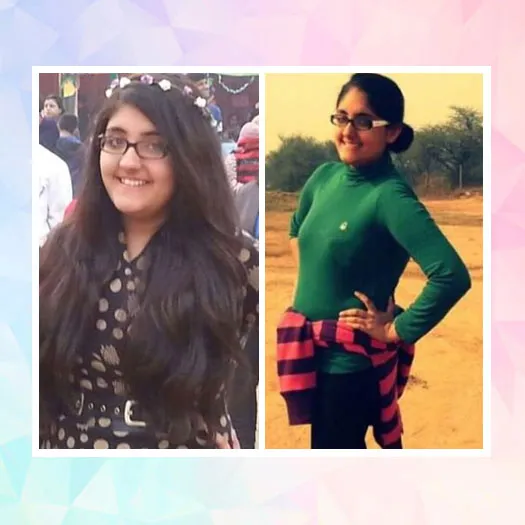

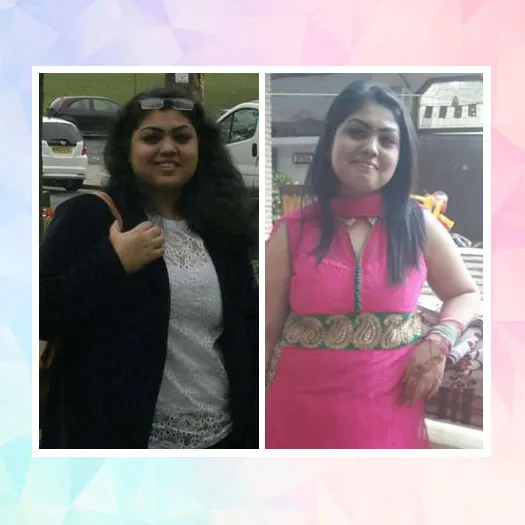



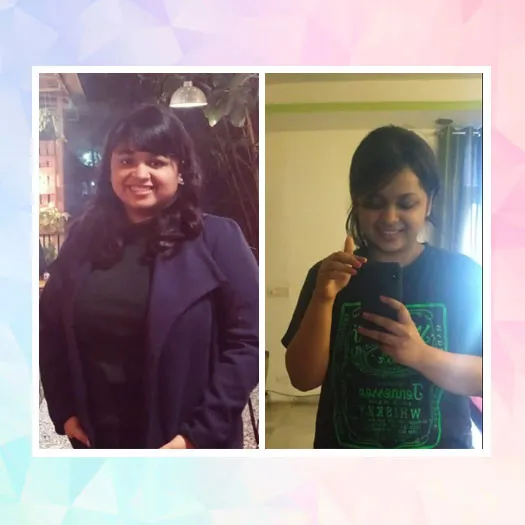

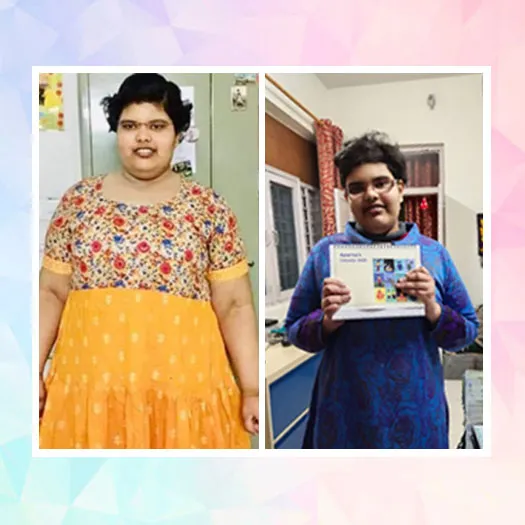
[Diabetes, PCOS & Weight Loss Expert in Ireland]











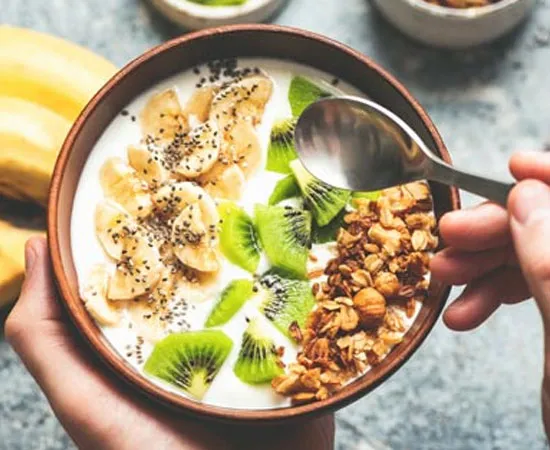
Finding the right dietitian for Gluten Allergy Diet near you in Ireland has never been easier! Certified best nutritionist for Gluten Allergy Diet in Ireland for your Lifestyle Wellness, Dt. Nidhi Sawhney provides you Best Diet Plan.
Dietitian for Gluten Allergy in Ireland, Best Dietician for Gluten Allergy Diet in Ireland, Nutritionist for Gluten Allergy Diet in Ireland. Gluten is a type of protein that is found in cereals, especially, wheat, barley, and rye. Gluten allergy is a malabsorption syndrome which is caused by the ingestion of the gluten protein found in the wheat products. If the patient's sticks on gluten free diet then there is a drastic improvement in his condition. Wheat, rye, barley, oats and other related grains contain gluten and it better to avoid it totally. Avoid taking a beer, cereal beverages, cakes, biscuits, ice-cream, processed soups, crackers, processed cheese/meats, candy bars.
Gluten allergy symptoms is once the allergen comes in contact with the small intestines, causes the immunity mechanism to attack the lining of the colon. This attack on the mucosa of the small intestines of the victim of an allergic reaction to gluten weakens the belly and may cause heavy health issues in the future. The delicate coating is answerable for soaking up vitamins and nutrients in our body.
If you go out to eat, or get takeaway you will need to confirm that the foods are gluten free as a precaution against developing gluten allergy symptoms. You will also need to read all the labels on food when you go shopping. If a food does contain gluten it will be clearly stated on the label.
Dietician Tips and Treatment for people allergic to gluten :
1. Eat Only Whole Foods With leaky gut, you should be eating predominantly fresh meats and vegetables. Fresh fruits, nuts, and seeds, and minimal grains should be used sparingly. But you must eat some high-quality animal protein. Packaged and processed foods are full of nasty fillers and chemicals, many of which could be causing your symptoms so it should go without saying to stay away from these entirely.
2. Fine Tune Food Ratios: Eat a high-quality meal of mostly animal protein with a side of veggies. How did that make you feel? Tomorrow, do the same experiment except eat mostly veggies, a little bit of meat and possibly grains. How did that make you feel? Whichever one worked better for you, stick to it and then fine tune your diet from there. Once you have found your optimal ratios and are feeling good, then you should stick with those ratios for all of your meals.
3. Avoid Wheat-Containing Foods
4. Get Vitamin Supplements
5. Increase the intake of iron and vitamin
6. Avoid taking a beer, cereal, pastries, cookies, ice cream, processed soups, crackers, cheese/meats, candy bars.
Gluten must be replaced separately. The gluten in wheat products provides the elasticity and stickiness in many recipes. Two primary ingredients we use to replace this function are guar gum and xantham gum. They are both totally natural and safe ingredients. In some cases, you might use them together along with one of the flours I identified earlier.
Always try to eat home-made preparations with known ingredients of their product. Also note that if you have to avoid all foods with gluten, which is undoubtedly going to be so stressful it can be managed by yoga, which consists of postures, meditation and breathing techniques.
With years of experience and satisfied customers,
we guarantee quality results.
Nidhi is simply amazzzing! She helped me lose 22 kilos in 8 months. Her plans are practical and easy to do. In fact... Read Full Testimonial
Very good diet plans, customised to my travel routine and hectic lifestyle. Had a wonderful experience with... Read Full Testimonial
I had joined NutriAdvice in Nov with 95 kgs of weight . Life had started to become difficult with my weight . My movements had... Read Full Testimonial
I joined Dr Nidhi Sawhney's diet clinic on the recommendation of one friend. I have had a very pleasant experience iny weight... Read Full Testimonial